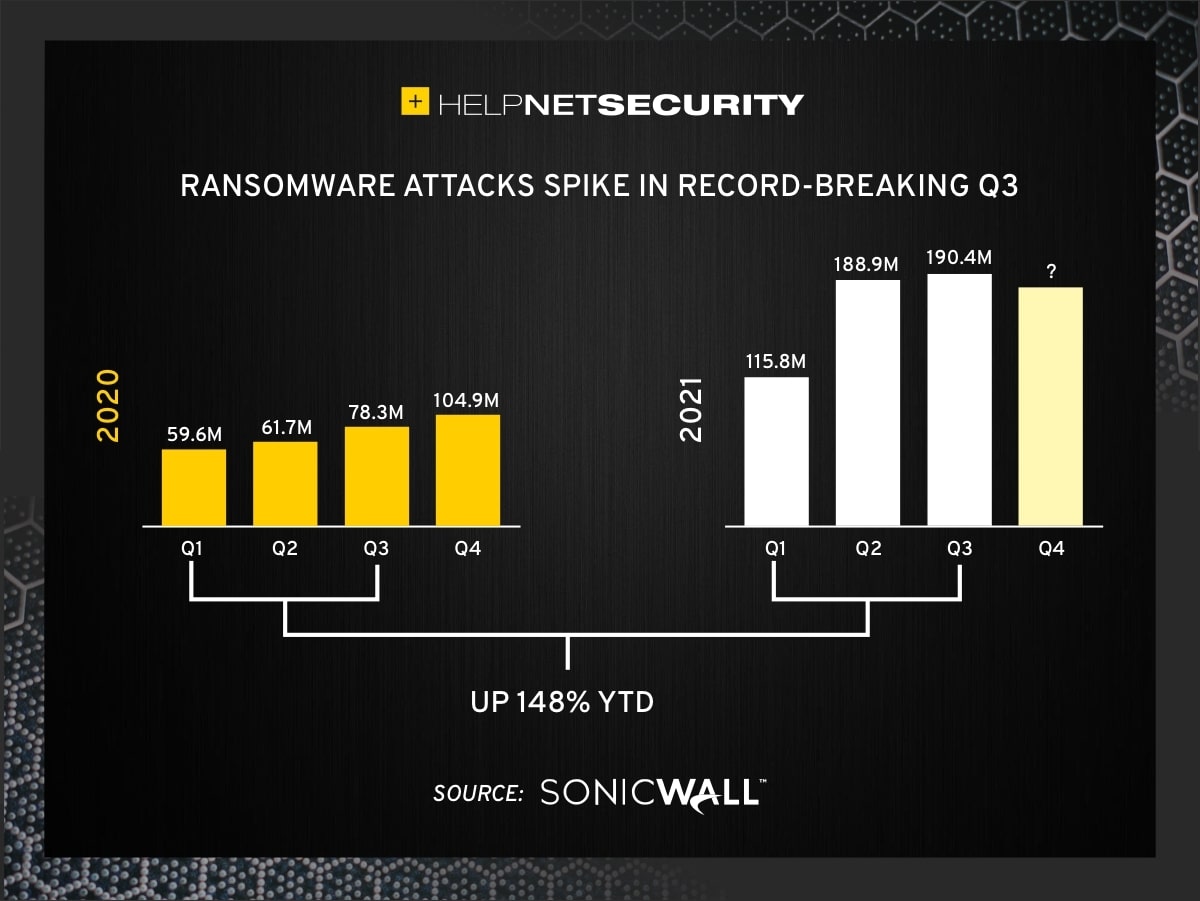Retail Giants Hit: £440M Cyber Attack Leads to Arrests

Retail Giants Hit: £440M Cyber Attack Leads to Arrests
In a stark reminder of the ever-present threat of cybercrime, four individuals have been arrested in connection with a staggering £440 million cyber attack targeting major UK retailers Marks & Spencer, Co-op, and Harrods. The incident has sent shockwaves through the retail industry, highlighting the sophisticated tactics employed by cybercriminals and the potential for significant financial and operational disruption.

Understanding The Scattered Spider Cyber Threat | DigitalXRAID
The Anatomy of the Attack
While details are still emerging, initial reports suggest that the cybercrime group known as "Scattered Spider" may be responsible for the attacks. This group is known for its sophisticated social engineering techniques and its ability to infiltrate even well-protected systems. It's believed that the attackers gained access to the retailers' networks through stolen credentials obtained from Tata Consultancy Services, an IT vendor. This highlights the importance of securing the entire supply chain, as vulnerabilities in third-party providers can be exploited to devastating effect.
- Social Engineering: Tricking employees into revealing sensitive information.
- Stolen Credentials: Using compromised usernames and passwords to gain unauthorized access.
- Supply Chain Vulnerabilities: Exploiting weaknesses in third-party vendors' security.
Impact on Retailers and Customers
The cyber attack has had a significant impact on the affected retailers. Marks & Spencer, in particular, experienced operational disruptions following the breach, which occurred around Easter. The full extent of the financial losses is still being assessed, but the £440 million figure suggests a substantial impact. Beyond the direct financial costs, the attack has also damaged the retailers' reputations and eroded customer trust. Customers are understandably concerned about the security of their personal and financial data, and retailers must take steps to reassure them that their information is safe.
The potential consequences for customers include:
- Identity theft
- Financial fraud
- Loss of privacy
Preventative Measures and Future Outlook
In the wake of this attack, retailers and other organizations must take proactive steps to strengthen their cybersecurity defenses. This includes implementing robust security protocols, training employees to recognize and avoid social engineering attacks, and regularly auditing their systems for vulnerabilities. It's also crucial to have a comprehensive incident response plan in place to quickly detect and contain any breaches that do occur.
Key preventative measures include:
- Multi-factor authentication
- Regular security audits
- Employee training on cybersecurity best practices
- Incident response planning
- Supply chain security assessments
Key Takeaways
This cyber attack serves as a wake-up call for the retail industry and beyond. It underscores the importance of investing in robust cybersecurity measures and taking a proactive approach to protecting sensitive data. As cybercriminals become increasingly sophisticated, organizations must stay one step ahead by continuously improving their defenses and adapting to the evolving threat landscape. Collaboration and information sharing between organizations and law enforcement agencies are also essential to effectively combat cybercrime.
References
- https://www.digitalxraid.com/app/uploads/2025/05/Scattered-Spider.jpg
- https://www.cybersecuritydive.com/news/what-we-know-about-the-cybercrime-group-scattered-spider/756312/
- https://www.computerweekly.com/news/366628069/Scattered-Spider-tactics-continue-to-evolve-warn-cyber-cops
- https://dailysecurityreview.com/cyber-security/scattered-spider-ransomware-group-ramps-up-sophisticated-attacks-targeting-enterprises-globally/





